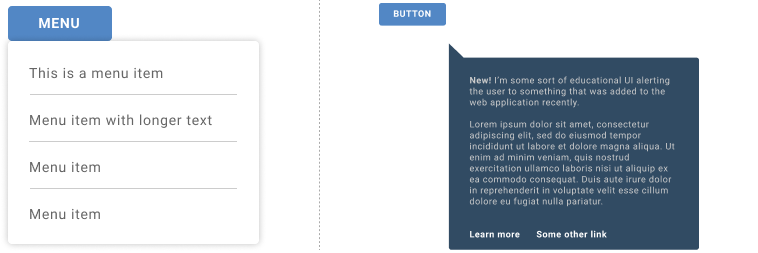
Let’s start with the fact that according to the HackerRank [1] Polish developers are among the top three ITC specialists in the world, after China and Russia, and before many, many others.
So if you have an onerous IT project and not enough resources or in-house skills to do it on your own, and you have decided to outsource it, do not look for remote locations like India, Africa, Philippines, or China. CEE software houses offer high competences, a flexible approach, tailor-made solutions and much more to their international and domestic customers. And besides highly skilled professionals, you will find in Central and Western Europe nearshore proximity, cultural compatibility, long-term cooperation, and advanced language skills.
Why is CEE such an attractive region for offshoring?
Today’s CEE software houses benefit from the former CEE countries’ approach to education. The higher education system in Central and Western Europe is almost free, affordable, and focuses mainly on technology and science. The result? Growing number of highly qualified specialists in IT and in software development. In addition, most of them are fluent in English, as this language classes are often compulsory in schools.
The quality of education is confirmed by the rankings of the region. A study by HackerRank shows that Poland, Hungary, and Czech Republic are among the top 10 countries in the world in software development.
In the opinion of Pawel Zmyslowski, CEO at White Label Coders: “Getting more for less money is only part of the story. More important is that we have professionals that are simply the best. We benefit from the competences, experience, and advanced skills of the developers who are among the top in the world, with the honourable third position in the HackerRank ranking. They are familiar with many technologies, several programming languages, have a solid academic education, and also unconventional approach to tasks. All this makes Polish developers appreciated not only in the country, but also internationally“.
Friendly business environment and cultural similarities
For companies from Western countries, the absence of cultural, geographic, logistical or language barriers is also important, as it facilitates reaching an initial understanding and drives results. In addition, developers often speak fluent English and German, which makes the communication and understanding easier.
The Central and Eastern Europe countries can compete with Asia not only with cultural affinity and high quality services, but also with small time differences compared to Asian
countries. The flight from most European countries to Poland takes only a few hours. And if it is necessary to send the team to the customer, it can be done within a short time. In contrast to the Asian countries, where it is not possible.
Is offshoring the future?
According to Cushman & Wakefield’s forecasts [2] for the next few years, the outsourcing sector will grow at an annual rate of 6%. More and more jobs are being created in the outsourcing services sector in the Central and Eastern Europe, but the differences in wages in relation to developed countries remain at similar levels and are significant. That is why, Western companies are eager to transfer some of their business processes to such locations, because it means lower costs with access to qualified staff at the same time.
“The Polish IT outsourcing market is constantly developing. This is not only due to well-educated employees but also because many local entrepreneurs put the digitization of their businesses and the latest technologies first. On the other hand, we all see the increasing attractiveness of our region. CEE companies successfully develop projects for industries such as logistics, industry, IT, and many others. And Poland is the undisputed leader in offshoring.” – Pawel Zmyslowski continues.
For this reason many modern businesses decide to outsource the selected tasks to Central and Eastern Europe countries and to build their market advantage based on the flexible cooperation approach of many CEE companies. This becomes particularly clear in the case of the IT projects.
“The flexible approach to software development and cooperation is of great importance, because our customers do not choose a finished product from an offer. Each solution is an answer to specific needs.” – says Pawel Zmyslowski – “Our customers can also choose to work with a dedicated developer. However, we strongly recommend choosing a whole team, as the members of the team have expertise in different areas”.
In other words, the well-educated talent pool and the linguistic or cultural similarities help to make the CEE region a reasonable choice. All the more, the CEE companies enable businesses from all over the world to outsource work and cut costs without sacrificing quality.
1 https://blog.hackerrank.com/which-country-would-win-in-the-programming-olympics/
2 https://www.cushmanwakefield.com.ua/en/global-investment-atlas-2019





